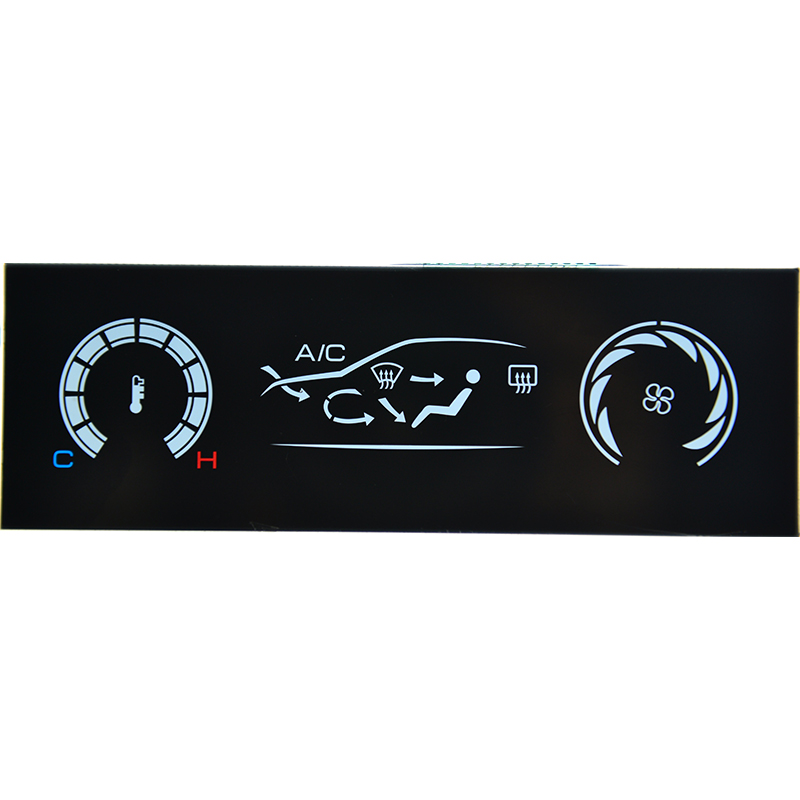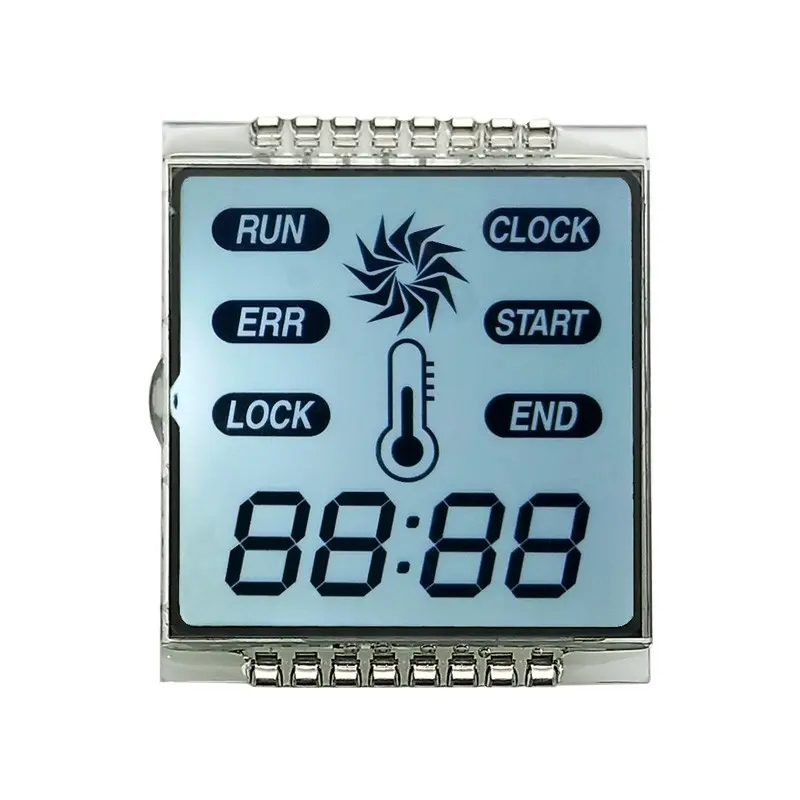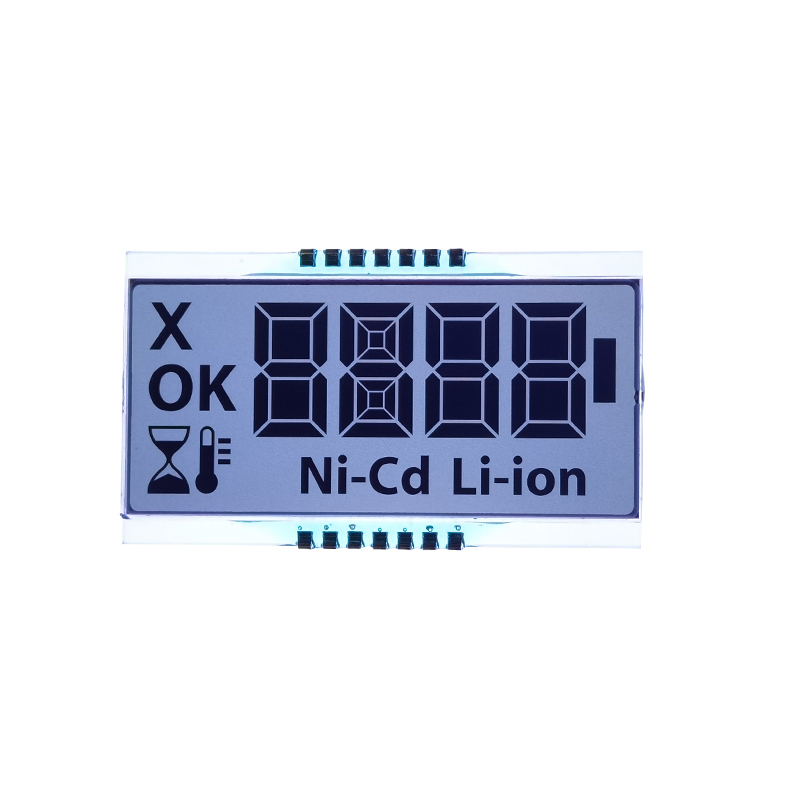
Selecting the right Arduino TFT display shield can significantly impact your project's success. This guide dives deep into various options, comparing features, performance, and suitability for different applications. Whether you're a seasoned maker or just starting out, understanding the nuances of these displays will empower you to choose the perfect fit.
The screen size and resolution are fundamental considerations. Larger screens offer more real estate for displaying information, but they often come with higher power consumption and increased cost. Higher resolutions provide sharper images and more detail, which is crucial for applications requiring intricate graphics or text. Common sizes range from 1.8 inches to 5 inches, with resolutions varying accordingly. Consider the visual needs of your project when making this choice.
Many Arduino TFT display shields incorporate touchscreen capabilities, adding interactive elements to your projects. Resistive and capacitive touchscreens are the most prevalent types. Resistive touchscreens are generally more affordable but less accurate and durable than capacitive touchscreens, which provide a more responsive and user-friendly experience. Determine whether touchscreen functionality is necessary for your project before making a purchase.
Most Arduino TFT display shields use SPI or I2C communication protocols. SPI offers faster data transfer rates, ideal for applications requiring high refresh rates or complex graphics. I2C is simpler to implement but may be slower for demanding visuals. The choice depends on your project’s requirements and your familiarity with these protocols.
Power consumption is a vital factor, especially for battery-powered projects. TFT displays are relatively power-hungry compared to other display technologies. Check the datasheet for power consumption specifications to ensure compatibility with your power supply and project constraints.
The backlight type and brightness influence readability and visual appeal. Common backlight types include LED and LCD. The brightness should be sufficient for the intended environment. Some displays allow backlight adjustment, offering flexibility in different lighting conditions.
The market offers a wide range of Arduino TFT display shields. Here are a few popular and well-regarded options:
| Product | Screen Size | Resolution | Touchscreen | Interface |
|---|---|---|---|---|
| ILI9341 TFT Display Module | 3.5 | 320x480 | Optional | SPI |
| ST7735 TFT Display Module | 1.8 | 128x160 | No | SPI |
| 2.4 TFT LCD Display Module with Touch Screen | 2.4 | 240x320 | Yes | SPI |
Note: Specific features and availability may vary depending on the manufacturer and supplier. Always refer to the product specifications before purchase.
The best Arduino TFT display shield depends entirely on your project's needs. Consider the factors discussed earlier—screen size, resolution, touchscreen capability, interface, power consumption, and backlight—to make an informed decision. Experiment with different libraries and examples to explore the capabilities of each display type.
For high-quality displays and related components, consider exploring resources from reputable suppliers like Dalian Eastern Display Co., Ltd. They offer a wide selection of LCD modules and related products for various applications. Remember to always check reviews and compare prices before making your final choice.
This guide provides a starting point for your research. Further investigation into specific product datasheets and online communities will enhance your understanding and help you select the ideal Arduino TFT display shield for your project.












